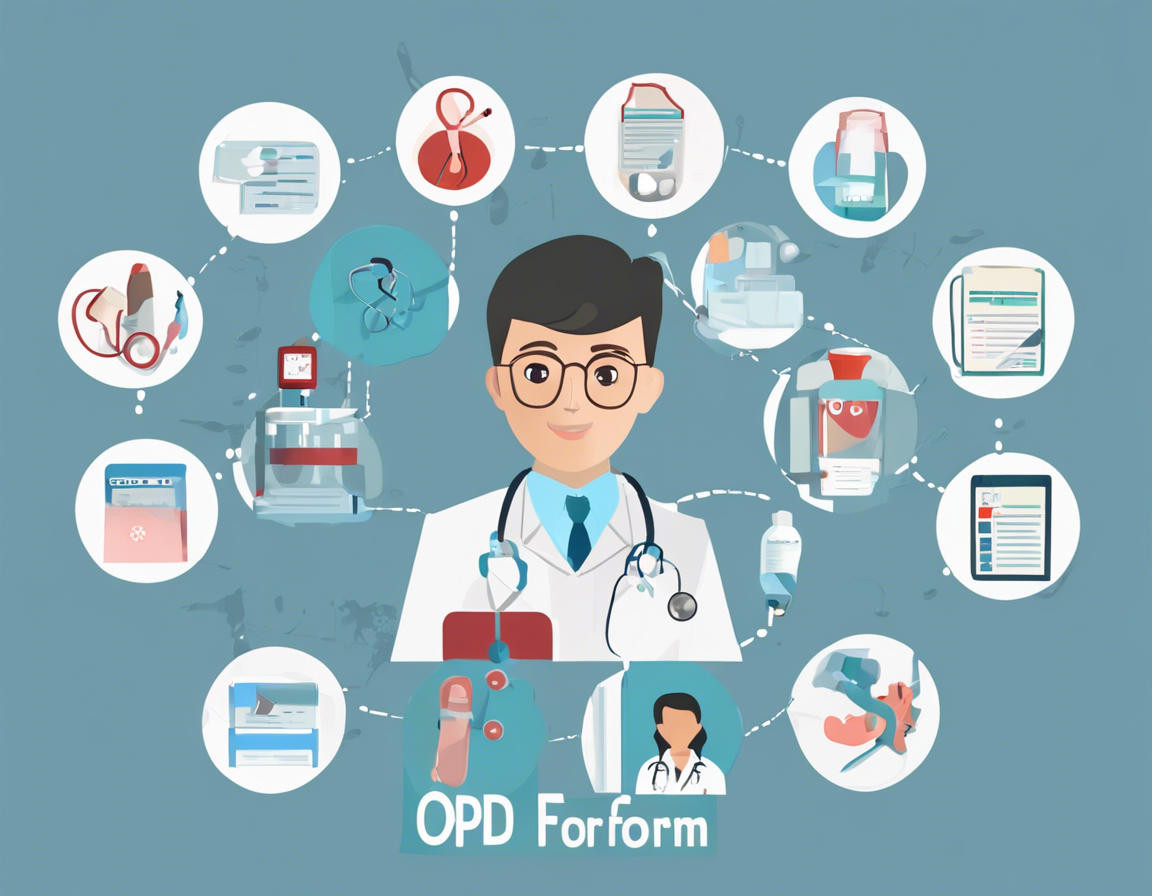Understanding OPD: What Does OPD Stand For in Medical Terminology?

OPD stands for Outpatient Department in medical terminology. It refers to the area within a hospital or healthcare facility where patients receive medical treatment, consultation, and care but are not required to stay overnight. The OPD is commonly used for routine check-ups, consultations, diagnostic tests, minor procedures, and follow-up visits.
What is OPD?
The Outpatient Department (OPD) is an essential part of any healthcare facility that allows patients to receive medical attention without being admitted to the hospital. It typically includes consultation rooms, examination rooms, waiting areas, and facilities for diagnostic tests.
Services provided in the OPD may include:
- General medical consultations
- Specialist consultations (e.g., cardiology, dermatology, gynecology)
- Diagnostic tests (e.g., blood tests, X-rays, ultrasounds)
- Minor surgical procedures
- Prescription of medications
- Counselling and health education
Benefits of OPD Services:
-
Convenience: OPD services offer convenience to patients who do not require hospitalization, allowing them to receive prompt medical care without disrupting their daily routine.
-
Cost-Effective: Outpatient care is generally more cost-effective than inpatient care, as patients do not incur expenses related to hospital stay and related services.
-
Accessibility: OPD services are accessible to a larger population, providing healthcare services to a greater number of individuals at lower costs.
-
Preventive Care: Regular OPD visits facilitate early detection of health issues, preventive care, and the management of chronic conditions, leading to better health outcomes.
OPD vs. IPD (Inpatient Department):
- OPD: Patients visit for treatment and consultation without staying overnight.
- IPD: Patients require admission for treatment, monitoring, and care that involves staying in the hospital for a certain period.
Importance of OPD in Healthcare:
The Outpatient Department plays a crucial role in the healthcare system by providing timely medical services, promoting preventive care, managing chronic conditions, and ensuring continuity of care for patients. It serves as the first point of contact for many individuals seeking medical assistance and acts as a gateway to specialized treatment if necessary.
FAQs about OPD:
- What is the difference between OPD and emergency services?
-
OPD provides non-emergency medical care on an outpatient basis for scheduled appointments, while emergency services address urgent medical conditions that require immediate attention.
-
How can I make an appointment at the OPD?
-
Patients can usually schedule appointments by contacting the hospital or clinic directly, through online portals, or by visiting the facility in person.
-
Can I get admitted to the hospital directly from the OPD if needed?
-
In cases where further hospitalization is required based on OPD evaluation, patients can be admitted to the inpatient department for further treatment and care.
-
Do I need a referral to visit the OPD of a specialist?
-
Depending on the healthcare system or insurance requirements, a referral from a general physician may be needed to access specialized services in the OPD.
-
What should I bring with me to an OPD appointment?
- Patients are advised to bring their medical records, identity proof, health insurance details, list of medications, and any previous test results to facilitate a comprehensive evaluation.
Understanding the role and functions of the Outpatient Department (OPD) is vital for patients seeking medical care and for healthcare professionals delivering services in a hospital or clinic setting. By providing accessible, cost-effective, and quality healthcare services, the OPD plays a significant role in promoting overall health and well-being in the community.






